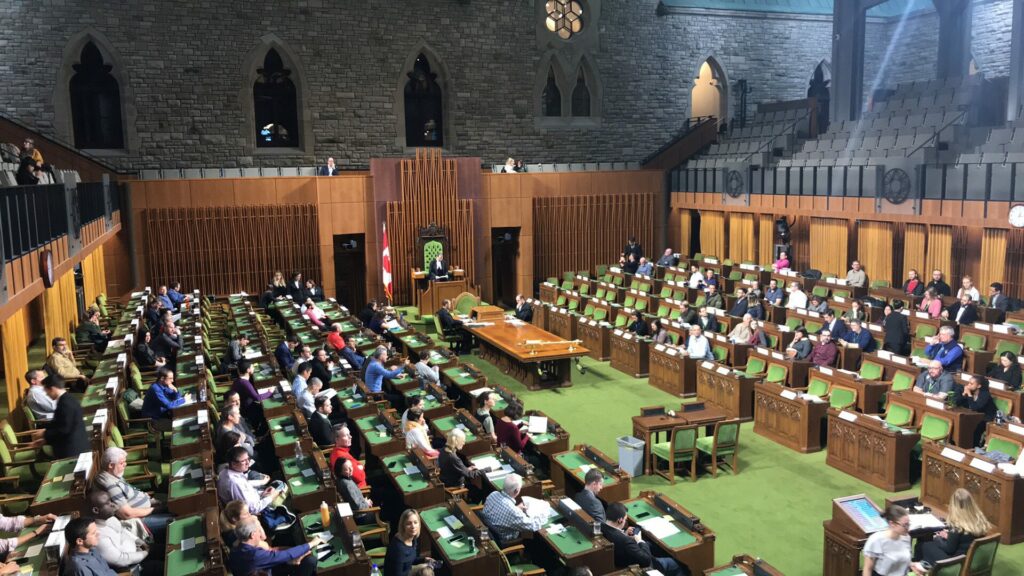Genocide is a legal term, and it can only be established legally
Dear Honorable Member of the House of Commons,
In relation to the debate (Vol. 703) brought to the session of the House on the 9th of November 2021, by Mr. Tim Loughton, it is important to remember that genocide is an internationally agreed legal term. It is not a loose and ambiguous political concept.
The United Nations 1948 Convention on the Prevention and Punishment of the Crime of Genocide defines the crime of genocide and establishes the legal framework for genocide atrocities. This Convention was unanimously adopted by the United Nations General Assembly in 1948 and then ratified in 1951 when it went into effect as a judicial ruling.
Since then, the UN Genocide Convention signifies the international community’s commitment to “never again” after the atrocities committed during the Second World War.
Therefore the genocide accusations should neither be politicized nor popularized loosely and ambiguously. Categorizing a historical or a current event as genocide is not something to be arrived at through the personal or legislative decisions as some country’s Parliaments seem to have done.
UN Genocide Convention
The act of genocide, to be a crime, has to be proven under defined circumstances outlined in articles 2-6 of the Convention.
Article 2 and 3 of the Convention categorize the atrocities that ought to be punished under the Convention as genocide. These atrocities of genocide are those “acts committed with the intent to destroy, in whole or in part, a national, ethnical, racial or religious group.”
Special Intent
The key element distinguishing the crime of genocide from other crimes is the “intent to destroy”. For genocide to have any legal validity, there must have been an “intent” on the part of perpetrators to wipe out an entire ethnic group. Therefore, without proven “intent to destroy”, no act can be legally valid as genocide.
In the literature of law, the special intent called “dolus specialis” is necessarily sought in all genocide accusations.
Articles 187, 188 and 189 of the International Court of Justice’s Bosnia ruling explicitly state that “a separate notional element must be present” to define an act as genocide. This notional element is also present in the International Criminal Tribunal for the former Yugoslavia’s (ICTY) Kupreskic case as “the need for the presence of intent to destroy, in whole or in part, a group.”
The “note verbale” released on March 1, 1920, by Sir Eric Drummond, Secretary General of the League of Nations, confirms that there is no evidence for that in the case of the Armenians.
Individual Criminal Responsibility
Article 4 of the Convention relates to the “punishable atrocities of genocides” to the individual criminal responsibility. According to this article, “genocide” is a crime that can only be committed by “real persons. Therefore, only real persons – not legal entities – can be charged with the crime of genocide.
Court Ruling
Another important element distinguishing the crime of genocide from other crimes is that, for an event to be considered genocide, there should be a court ruling. This element – court ruling – is defined in Article 6. It reads, “trial of persons charged with genocide” as “by a competent / adequate-qualified tribunal of the state in the territory of which the act was committed” and “an international penal tribunal as may have jurisdiction.”
Without a fair judicial trial by a defined court or tribunal, characterizing a historical event as genocide through personal or legislative decisions is a highly political and politicized act. It has no value in terms of international law. This has been confirmed by international jurisprudence. The European Court of Justice, in Dec. 17, 2003, and April 17, 2004, ruled in that the recognition of the “Armenian genocide” by the European Parliament “is a political measure with no judicial value.” On the contrary, H.M. Attorney General Sir Gordon Heward’s Malta Tribunal Judgement which acquitted the Ottoman Turks who were alleged to have been responsible for the misrule of the Armenian relocation policies have its judicial value as defined by the United Nations 1948 Genocide Convention.
Yours sincerely,
Uluc Gurkan
Lecturer in Politics
www.ulucgurkan.net – www.twitter.com/Uluc_Gurkan
ulucgurkan@ulucgurkan.net – ulucgurkan@gmail.com
0090 312 4198777 – 0090 532 2180758
- Deputy Speaker-Turkish Grand National Assembly/TGNA (1995-1999)
- Vice President-Parliamentary Assembly of the Council of Europe/PACE (2000-2002)
- Vice President–Parliamentary Assembly of the Organization for Security and Co-operation in Europe/OSCE-PA(1992-1995)
- Head of the Turkish Delegation-Parliamentary Assembly of the Western European Union/WEU-PA (1999-2002)
Member- Turkish Grand National Assembly/TGNA (1991-2002)
Middle East Technical University and Ufuk University (2003-….)
